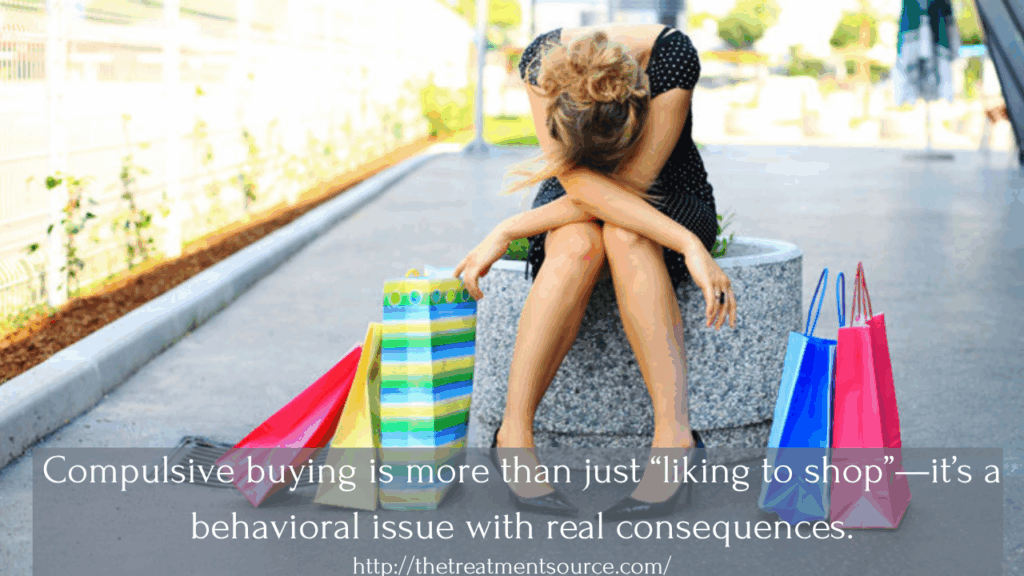
Emotional spending has become an all-too-common coping mechanism in today’s world. When stress, loneliness, or sadness strikes, many people turn to shopping for comfort. For a moment, buying something new feels like relief. Yet the joy quickly fades, often leaving behind guilt, financial strain, and deeper emotional struggles. Just like other unhealthy coping strategies, emotional spending does not solve the problem at its root. Instead, it masks pain temporarily and can create new cycles of anxiety and shame.
True healing comes not from the checkout line but from learning healthier, more sustainable ways to manage emotions. For individuals already working through addiction or mental health challenges, building emotional wellness is essential. By replacing harmful patterns with life-giving habits, recovery becomes not only possible but empowering.
Understanding Emotional Spending in the Context of Recovery
Emotional spending is not just about money. It is about emotions, triggers, and the search for comfort. For someone in recovery, it can become a substitute behavior, replacing substances or other addictive patterns. The underlying issue is the same: using external fixes to soothe internal pain.
Recognizing emotional spending as a form of avoidance is the first step. It highlights the importance of treating the whole person—mind, body, and spirit—through a compassionate, holistic approach to recovery.
Why Emotional Wellness Matters
Emotional wellness means learning to manage feelings in ways that build resilience rather than create setbacks. Instead of numbing pain, it focuses on facing emotions honestly and finding balance. This process takes time, guidance, and supportive care, but the results are transformative. Emotional wellness allows people to experience freedom, healthier relationships, and a stronger sense of self-worth.
Healthier Habits to Replace Emotional Spending
1. Mindful Self-Reflection
Journaling, prayer, or meditation creates space to process emotions in a safe and healing way. Writing down thoughts or spending time in quiet reflection helps identify triggers that lead to unhealthy spending.
2. Physical Movement
Exercise is one of the most powerful tools for reducing stress and boosting mood. A simple walk, stretching, or practicing yoga can bring clarity and calm when emotions feel overwhelming.
3. Building Connections
Isolation often fuels emotional spending. Reaching out to supportive friends, family, or peers in recovery provides real comfort and accountability that no purchase can replace.
4. Creative Outlets
Engaging in art, music, or other forms of creativity offers a healthy release for emotions. These outlets provide fulfillment, foster growth, and encourage a sense of accomplishment.
5. Professional Support
Sometimes, the cycle of emotional spending is tied to deeper struggles such as trauma, anxiety, or depression. Inpatient and outpatient treatment programs, as well as faith-based and holistic care, give individuals the tools they need to break free and find lasting wellness.
A Holistic Path Toward Freedom
Breaking free from emotional spending is not only about financial health. It is about reclaiming peace of mind and building resilience. Holistic treatment acknowledges the complexity of emotional struggles and offers personalized care that nurtures every part of a person’s life. This whole-person approach allows individuals to replace harmful cycles with meaningful habits that support recovery.
Choosing Emotional Wellness Over Emotional Spending
Retail therapy may offer short-term comfort, but it cannot bring the healing and stability that emotional wellness provides. By choosing healthier habits and seeking professional guidance, individuals can break free from the spiral of emotional spending and move toward a life of balance, strength, and freedom.
If you or someone you love is struggling with unhealthy coping patterns, now is the time to seek support. Compassionate, individualized care can help you move from emotional spending to true emotional wellness. Reach out today to take the first step toward lasting healing.








